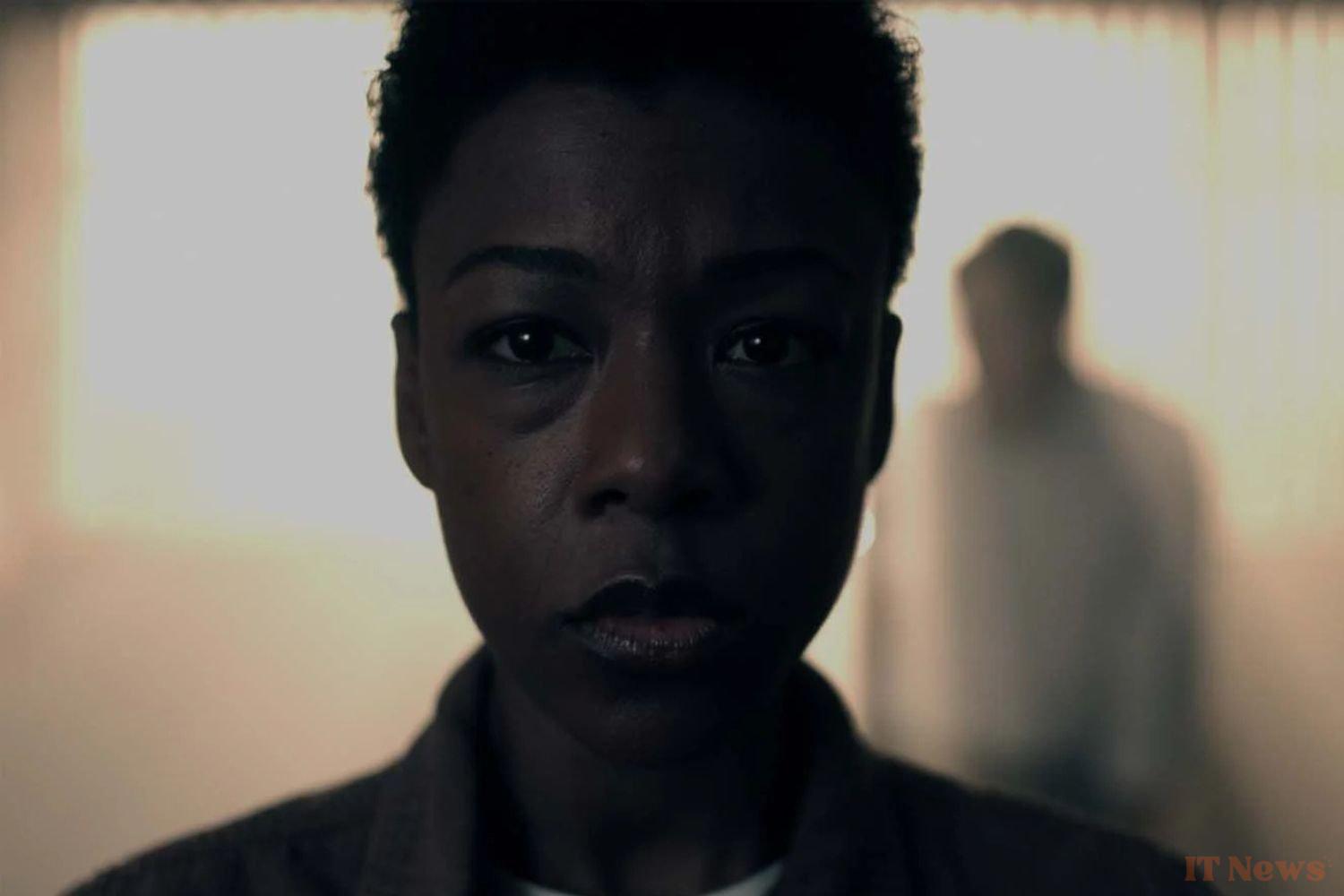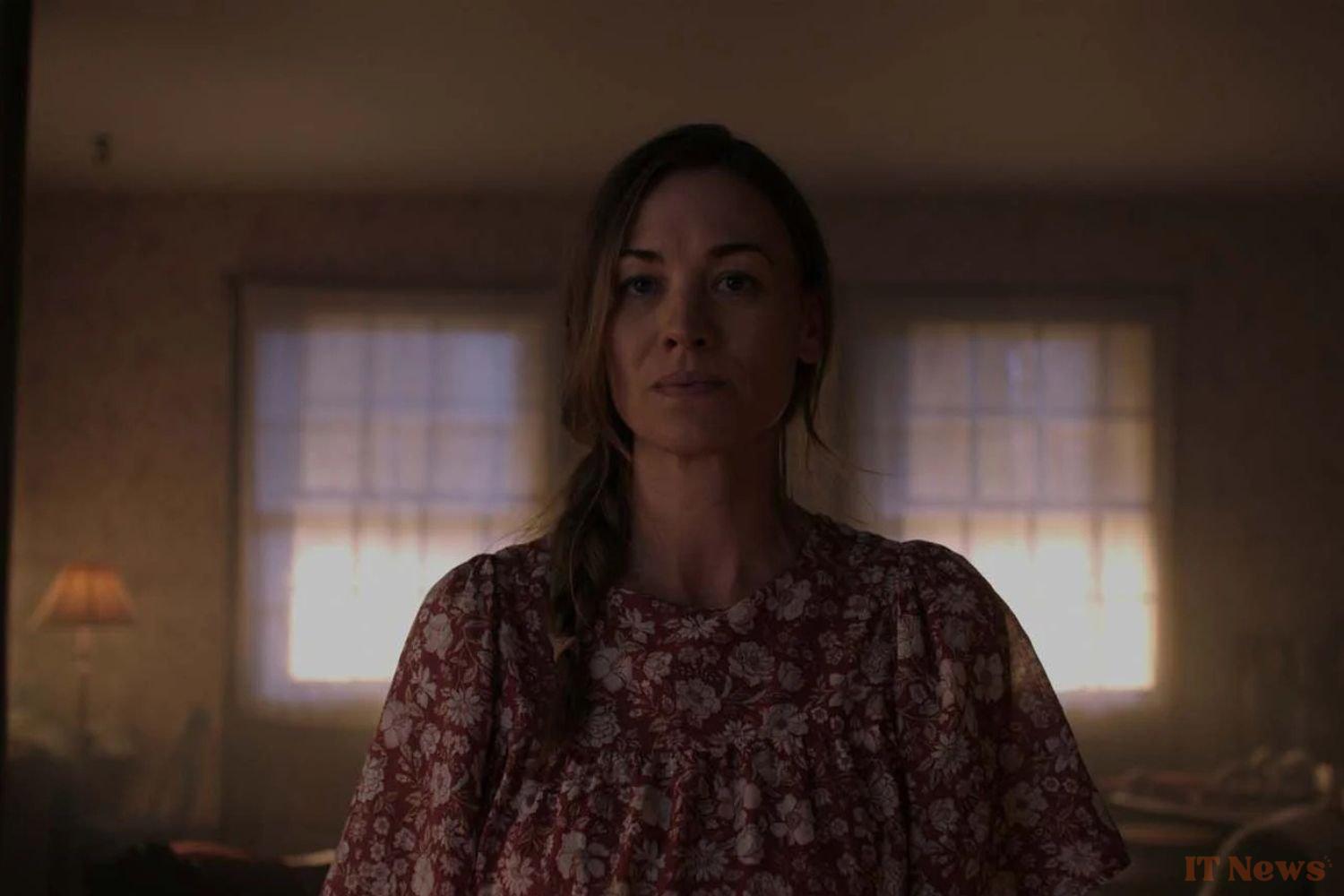“Nolite te bastardes carborundorum”. The Handmaid’s Tale is taking its final bow. Bruce Miller’s series is now entering its final run, after six seasons full of twists and turns and trauma. While it hasn’t been flawless, the series about June Osborn can boast of having kept the attention of its viewers (not all of them) until its conclusion. We've seen the first five episodes of season 6. Is The Handmaid's Tale making a comeback? Far from Gilead, but in a Canada divided between supporters of the patriarchal regime and refugee advocates, June Osborn still cherishes the hope of finding her first daughter. Time is running out, Hannah is dangerously approaching the age that will make her a Handmaid or a Wife. The last episode of season 5 showed the heroine on a train heading west, while what remains of the American government no longer has the support of the Canadian authorities. With Nichole in her arms, June crossed paths with Serena Joy, also on the run with Noah. The two enemies found themselves face to face before what seemed like a final confrontation.
Season 6 begins exactly where we left the two characters. Gilead was creating New Bethlehem, a land of asylum for refugees who did not wish to submit to the strict rules decreed by the sons of Jacob. A revolution was underway, that of a Serena Joy who still believes in the vision of her late husband and that of a June ready to do anything to free her daughter and all the other Handmaids from their "divine duty". It is in this opposition of the two female figures that the series was expected to turn a corner. Will she be able to offer a conclusion worthy of the journey she's made?
“It's June, you know my f***ing name”
The characters played by Elisabeth Moss and Yvonne Strahovski are the anchor of the story, and this season has understood this well. With varying degrees of subtlety, the first episodes of this new series add nuance to their journeys. They are both revolutionaries: June the freedwoman and Serena the reformist emblem. The series also focuses on telling how the symbols they represent are used by men to achieve their goals, The Handmaid’s Tale continues to be an uncompromising chronicle of overwhelming masculinity. If the dialogues no longer bother with subtlety, to the point of loudly proclaiming the writers’ ambitions, it is clear that the parallel between the two characters remains the great success of this adaptation. Their encounters are always fascinating.
In a scene from the first episode, the details of which will be withheld, the series even rediscovers its sense of drama. This is precisely what was missing from previous episodes, when the series had the bad taste of watching itself too much by relying on numerous stylistic effects (slow motion) to accompany these strong moments. When June massacred Commander Waterford, the first notes of Leslie Grove's "You Don't Own Me" were too much. In some ways, the series focuses more on raw horror than overly stylized and aestheticized dread. The horror of everyday life... and a little hope. While this doesn't prevent it from slipping too often into melodramatics, from lacking subtlety in both form and content, there is definitely room for improvement. June is more nuanced, Serena too... but we'll get back to the developments of Luke or Moira, who have been in the doldrums since season 3. The series has other fish to fry.
The Oranges of Wrath
This season must, in addition to the journey of its heroines, move Gilead towards its fall or supremacy. The end of season 5 showed the regime on a knife edge, between the unexpected support of Canadian citizens and the growing importance of Mayday. Season 6 thus focuses on telling how the sons of Jacob are walking towards an uncertain future, with numerous trips behind the scenes of the regime. In Jezebel, where the High Commanders play at who has the biggest, or with the founders of New Bethlehem, the first five episodes are full of arguments to convince us that we were ultimately right not to give up.
And yet, it wasn't a walk in the park. While the first seasons surprised with their introspective character, the following seasons got bogged down in a magma of captivating political considerations, but which the series struggled to capitalize on. With its back-and-forth, lengthy plot twists, and especially utilitarian dialogue, The Handmaid’s Tale seemed to never recover from its shift toward invention. When the series no longer had the opportunity to rely on Margaret Atwood's writings, it failed to navigate its political considerations, its desire for more outspoken rebellion, and its human-scale issues. On paper, however, not everything was unworthy of interest. The Handmaid’s Tale also seemed to want to delay the inevitable: the end.
The writers put on the brakes, and some parts of the plot multiplied the back-and-forths and narrative shortcuts. This is the case with the rapprochement between Tuello and Nick, which was one of the central elements of the last few episodes. This propensity of the series to artificially create suspense is also found in season 6, when it only has ten short episodes to reach the finish line.
We readily forgive it, as the promise of finally discovering the conclusion of June's adventures is often enough in itself. Halfway through, we always fear seeing some characters unfairly relegated to the background and some narrative arcs concluded in haste. We hope that June and Serena will benefit from a finale worthy of their importance to pop culture.







0 Comments